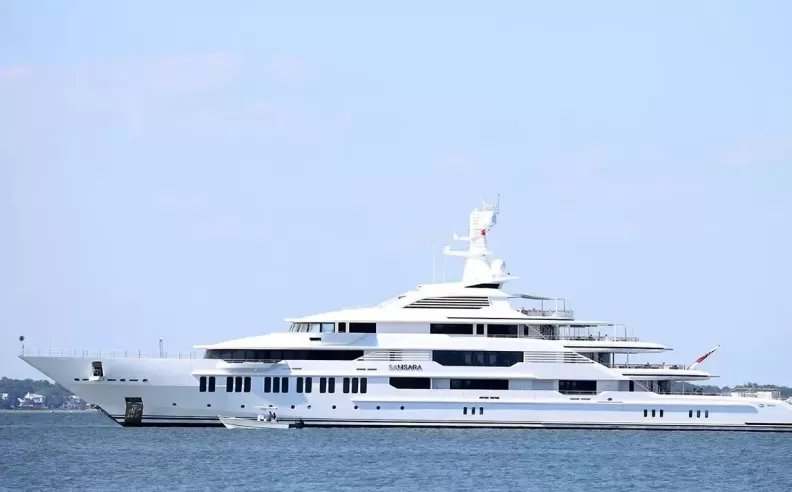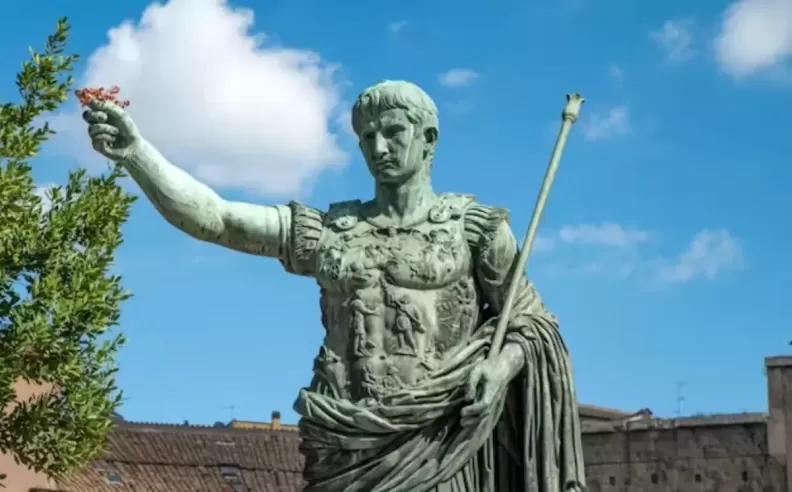
We talk a lot about billionaires these days how many private jets they have, what they’re building in space, how much they tip at restaurants. But here’s a wild thought: What if Elon Musk or Jeff Bezos isn’t even in the same league as the wealthiest people in history? Like, not even close. When you look at some of the names from centuries past, their fortunes were so massive, so tied into raw power and control, it almost feels fictional. But it wasn’t.
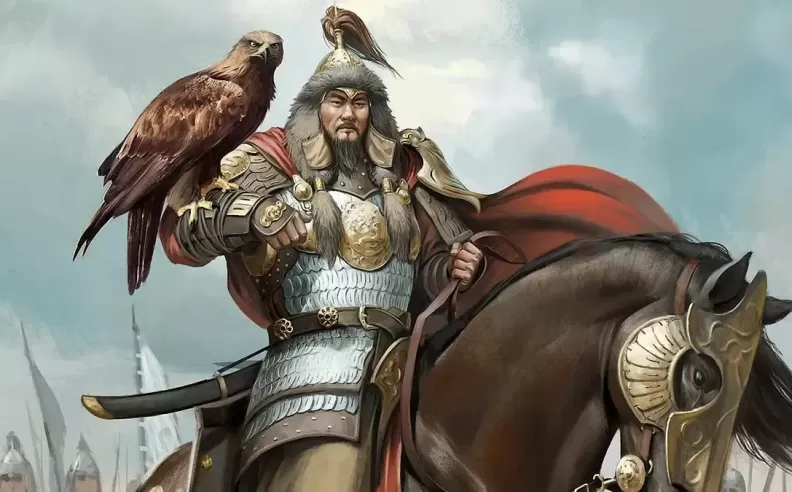
Genghis Khan didn’t really “own” wealth in the way we think about it now he didn’t have a vault full of gold or stock options. What he did have was absolute control over one of the largest empires the world has ever seen. He controlled trade routes, taxed entire regions, and dictated the flow of resources across Asia and Europe. Economists estimate that if you tried to measure his influence in today’s terms, it would clock in at over $100 trillion. That’s not just wealth it’s total domination.
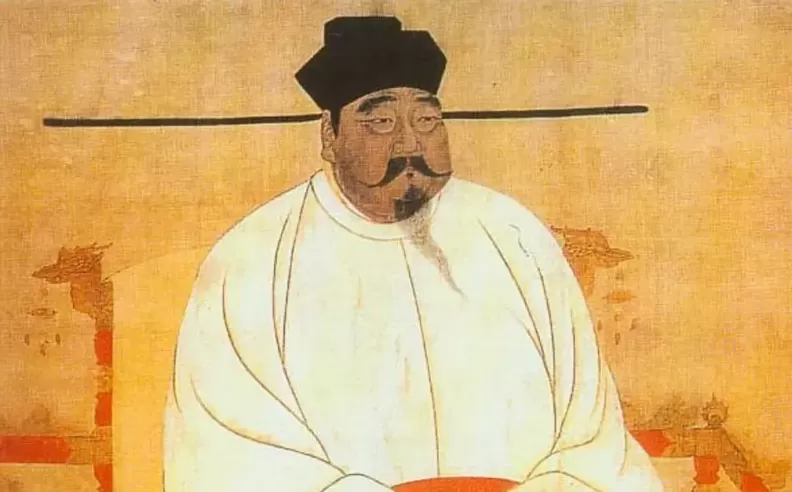
If you thought paper money was a modern thing, think again. Emperor Shenzong was running a booming economy in 11th-century China with policies that would make Wall Street execs nod in respect. He pushed for innovation, expanded trade, and introduced paper currency centuries ahead of the rest of the world. His centralized, efficient economic system helped his empire thrive, and when you adjust for inflation, his fortune lands somewhere near $30 trillion. Not bad for a guy who never saw a smartphone.
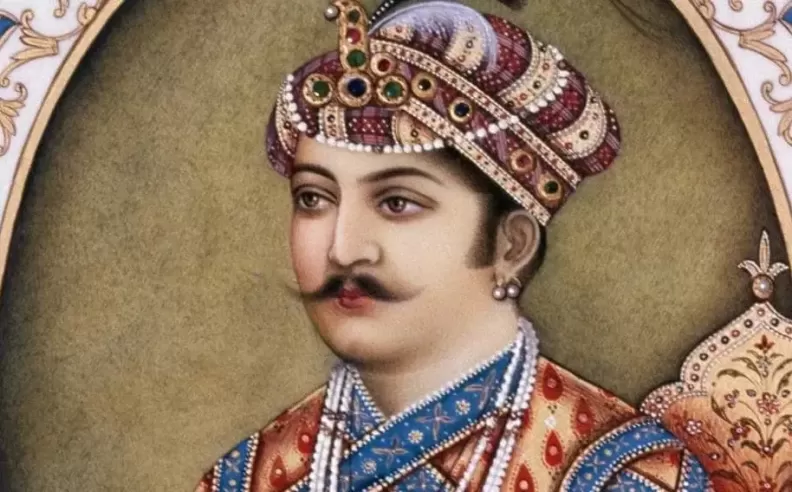
Akbar wasn’t just a king he was a strategic mastermind. Ruling over one of the richest periods in Indian history, he knew how to blend economic growth with cultural progress. His empire thrived on fair taxation, expanded trade, and a strong agricultural backbone. And because he governed such a vast and productive land, modern analysts put his adjusted net worth around $25 trillion. Not too shabby for someone ruling in the 1500s without a single hedge fund.
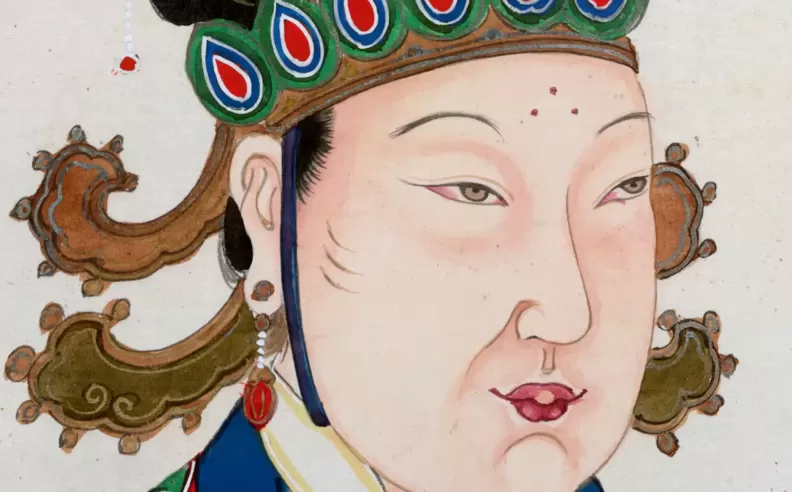
Wu Zetian didn’t just shatter glass ceilings she melted them down and sold them for profit. As the only woman to ever officially rule China as emperor, she wielded power with precision. She strengthened the economy through tight control of trade (especially silk), solid administration, and tough reforms. Her grip on resources made her not only powerful but wildly wealthy, with a modern-day estimate hovering around $16 trillion. And she did all that in a time when women weren’t even expected to speak up.
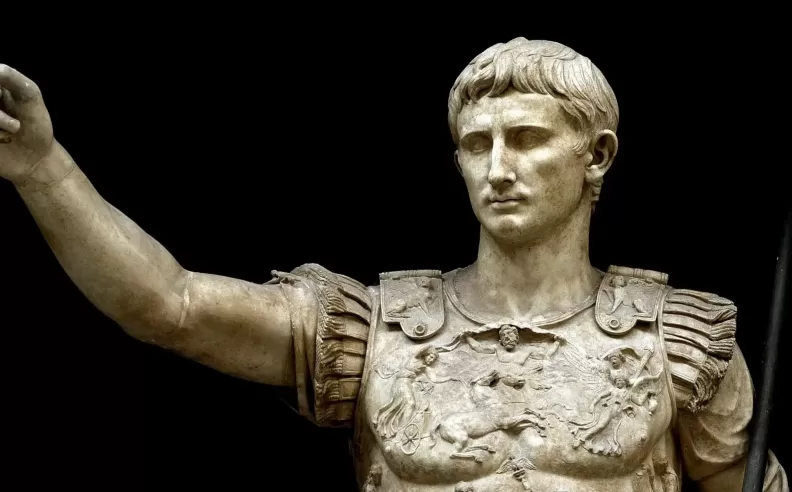
When Augustus Caesar came to power, he didn’t just inherit Rome he became Rome. The empire’s wealth flowed through him: land, taxes, armies, ports you name it. His personal fortune was tied directly to the empire’s prosperity. If you tried to tally it today, you'd land at around $5 trillion. He didn’t need a bank account; the empire itself was his portfolio.
So next time someone brags about being a billionaire, remember: history has a few flexes that make even the richest folks today look like they’re just getting started.

Started my career in Automotive Journalism in 2015. Even though I'm a pharmacist, hanging around cars all the time has created a passion for the automotive industry since day 1.

